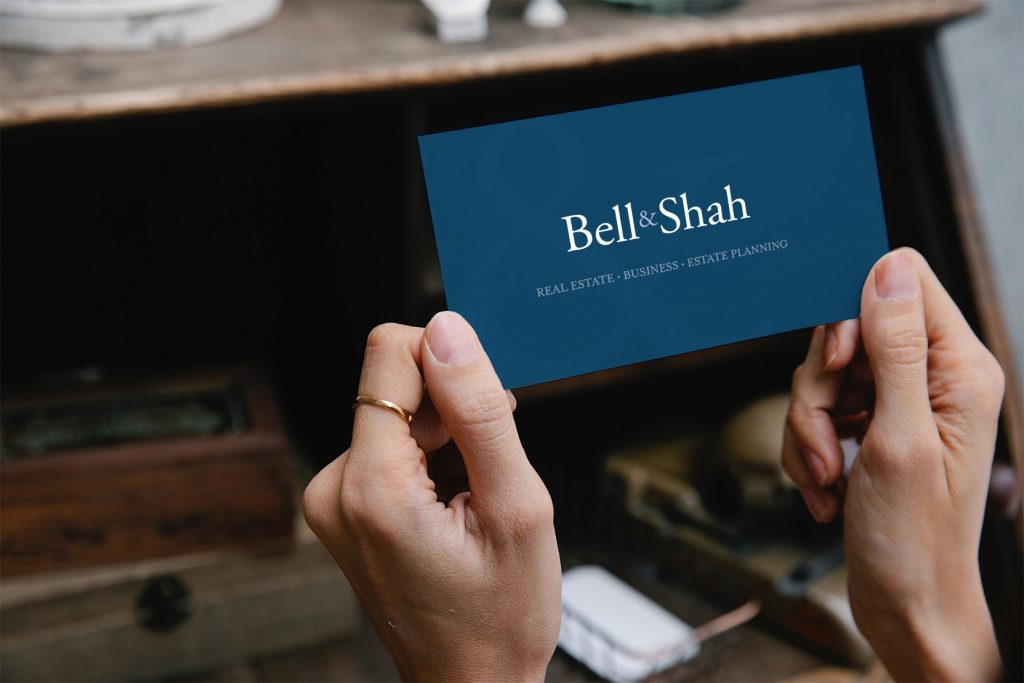As you get ready to hire your first remote workers, don’t forget about your agreements. Even if you have an ongoing relationship with a freelancer or agency, there are some important legal contracts that will help you get started smoothly.
Legal documents can be easy to ignore when hiring someone on an ongoing basis, but many find that they’re even more valuable when it comes to managing virtual teams. Not only do they prevent misunderstandings about the work being done and its scope, but they also provide protection in case something goes wrong – especially if the person doing the work isn’t located in the same office as you.
Contracts protect both parties If you hire employees or outsource work to freelancers on a regular basis, make sure their work is covered by a contract.
Getting an Employment Contract in Place
“We recommend that you have a contract in place with all of your freelancers,” said Rachael Brownell, CEO of Fetch Recruiting. “A properly written contract will help both parties clarify their roles and expectations and will provide recourse if misunderstandings arise.”
As a small business owner, it’s easy to think that contracts are only necessary when large sums of money are involved. However, they’re also important to protect yourself from the inevitable possibility that things go wrong. When employees or freelancers fail to live up to their responsibilities because of poor performance or other issues, having a legal document detailing each party’s responsibility makes it easier for everyone to move on – without getting sued.
Getting Started
There are a few things to keep in mind when creating your contract. Here are the key elements that should be included:
- Scope of work – clearly describe what is expected from each party. For example, if you’re hiring an independent contractor, be explicit about deliverables and project milestones.
- Work hours – many businesses need to track employees’ time and ensure that they’re not working on multiple projects at the same time (which might affect their performance).
- Client responsibilities – outline how you will provide information for each milestone and any additional requirements like specs and source files.
- Be clear about payment terms – this is where you’ll lay out pricing or timing for milestones, as well as penalties for missed deadlines or incomplete work.
- Intellectual property rights – who owns the copyright to the work that is created? This may seem like a simple question, but it’s one that’s been debated in court. For example, if you hire a designer to develop a website and ultimately decide to go with a different firm for design services – will you be able to use the same files or choose not to pay the remaining balance on the contract?
Let the Pros Here at Bell Shah Law Help!
When creating your initial agreements, keep them as simple as possible. It’s easy for legal documents to get complicated and difficult to understand, which only makes them harder for everyone involved. If you want help creating a document that keeps your interests covered but is also fair, then call us here at Bell Shah Law today.

